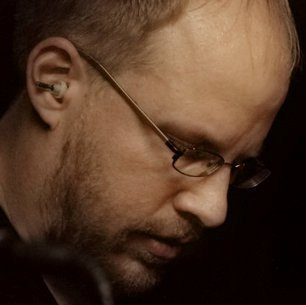If I had to hazard a guess, I’d say that at least three quarters of fantasy authors have been gamers at some point in their lives. And when I say gamers, of course, I don’t mean the people who play Life or Monopoly once in a while (not that there’s anything wrong with those games–though there is something wrong with how often people miss Boardwalk when I have hotels on it. It’s either a conspiracy or a flaw in the game, seriously.); no, I’m talking about gamers, the people who play video, role-playing, board games. The ones that everyone liked to make fun of twenty years ago, until they started making lots of money and flying into outer space. (Who knew geekdom would pay off this much?) Yep, writers play games, and often a lot of different kinds.
Now the reason I have to “hazard a guess” about the author/gamer connection is because lots of authors avoid talking about it. In fact, there are few authors I know who announce their gaming interests publicly (Jim Hines is a notable exception to this, but the guy did write the archetypal gaming session book…it’d be kind of hard to hide his D&D origins after that)–and if they do, they put it in the past tense. (“Ah, yes, I remember those days, now these many, MANY years ago…”) Now this could be because authors want to avoid emphasizing anything that takes away from their literary credibility…and obviously games are completely pointless wastes of time (more on that ridiculous myth in a second). But I think the problem is even bigger for writers of fantasy who are always self-conscious about writing genre anyway–our goal is to look as literary as possible, which means rejecting something as obviously silly as, well, a game.
There’s more than one problem with this logic, though. First of all, I don’t know exactly what qualifies fantasy as more or less “literary”…or maybe a better way to put it is I don’t think it’s a particularly useful term. Tolkien came from a heavily academic, literary background–you couldn’t accuse him of being a lightweight–and he wrote Lord of the Rings to create a world for his invented language, which doesn’t exactly shout “silly” either. But every major fantasy role playing game has been influenced to one degree or another by his work, and some of the specific racial types–dwarves, elves, orcs–are pretty much taken from it wholesale. What about Terry Pratchett, whose work is both un-serious yet highly significant?
But even if I bought the whole “literary fantasy” business, the second problem with the anti-game crowd is that they’ve forgotten the appeal of games in the first place: they’re fun. More to the point, they’re interactive fun. Nothing draws people in as much as a good gaming session, whether it’s board games (last night we spent half the time playing the game Citadels, where you try to build a more impressive city than the other players, and the other half creating narratives for them…”you had an awesome Disneyworld going until you built that prison, Greg…way to depress your populace”), video games, or of course the role playing variety. Games immerse players. And at their best, books ought to be striving for the same thing: draw readers in, make them feel a part of a new world and the characters that live there. It’s commitment to the author’s universe that we strive to create, and the more we can learn how to do that from playing games the more it helps us. I’d like to think my own creative work has some literary value (I think it’d be hard to find an author who aspires to write fluff!), but I don’t see how playing games makes that harder to achieve. Just the opposite, in fact.
Now if you’ll excuse me, I’ve got some candy stores to build; the graveyard didn’t go over so well. (And it did so well in the focus group!)
Greg

